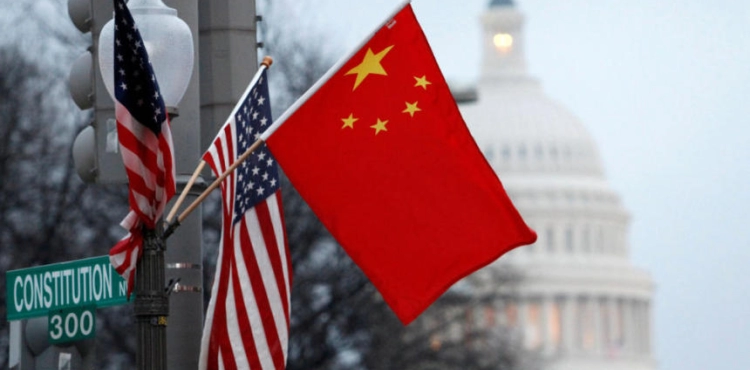The China-U.S. trade agreement, announced Friday after tough negotiations, requires the United States to make a "small concession" in exchange for "modest pledges" from China, raising doubts among international trade experts about the feasibility of a consensus that they consider limited.
Washington and Beijing, of course, included in the agreement major themes that the Administration of U.S. President Donald Trump adhereto, most notably intellectual property protection, forced technology transfers, and the strengthening of trade between the world´s two largest economic powers.
However, officials avoided disclosing the details of the agreement, only to release some of the data in numbers without indicating what steps China will take in practice to implement the structural changes trump is demanding.
In March 2018, the President waged a trade war against China, accusing it of adopting "unfair" trade practices involving theft of property and intellectual property and forcing U.S. companies to share their industrial knowledge in exchange for access to the Chinese market.
The Trump administration sees these practices as a threat to U.S. economic dominance.
In the agreement, which is yet to be formally signed in early January, the Americans stressed China´s pledge to import an additional $200 billion worth of U.S. products over the next two years, specifically in the energy, manufacturing, agriculture (about 50 billion) and services sectors.
In return, Trump announced that he was abandoning a new batch of tight errands that were due to come into effect Sunday on about $160 billion in Chinese products.
Customs duties imposed since September 1 on other Chinese goods will be reduced by $120 billion, by half to 7.5 percent.
In return, the Administration has confirmed the maintenance of 25 percent tight tariffs on the equivalent of $250 billion in Chinese products.
"Apart from the lack of substance, and only a slight reduction in customs duties, with duties still levied on two-thirds of imports from China, the impact of the macroeconomic agreement is minimal," said Oxford Economics economists Gregory Dako and Lydia Bowsor.
The agreement is further reduced, according to Foreign Relations Council trade policy expert Edward Alden, that it comes "after major economic damage."
A Chinese official recently warned that the Asian giant´s growth could fall below the 6% threshold in the last quarter of the year at a time when the country´s economy is facing "the biggest difficulties and challenges in its history."
Alden told AFP that the agreement "does not actually solve the very deep structural problems of the Chinese economy," noting that the settlement of the most contentious points, such as Chinese support for certain sectors, has been postponed to a later date.
Despite all this, economists stress that the truce will bring relief after a two-year duel that threatened global growth.
"We were on the brink of a abyss in a sense," said Mary Loveley, an economist at the Peterson Institute for International Economics.
She acknowledged that an agreement in itself was "important" because it would reduce the uncertainty of the future.
The mere fact that the Chinese can reach an agreement with the Americans bodes well for possible progress in their business practices, she said.
But Edward Alden said, however, that "it is very difficult to see this as a major victory in the trade war."
The biggest beneficiary, in his view, could eventually be the U.S. president in the middle of his campaign to win a second term. "That´s good for Trump because it´s going to calm the markets until 2020," he said.
Experts also agree that the agreement will particularly boost u.S. consumer confidence, which is essentially high.
Chinese Vice Minister of Commerce Wang Shuain announced Friday that the agreement will give impetus to the economies of the two countries and create an environment conducive to investment.
With the impeachment mechanism initiated by the U.S. House of Representatives against Trump, the economy remains the main paper in his hands.












